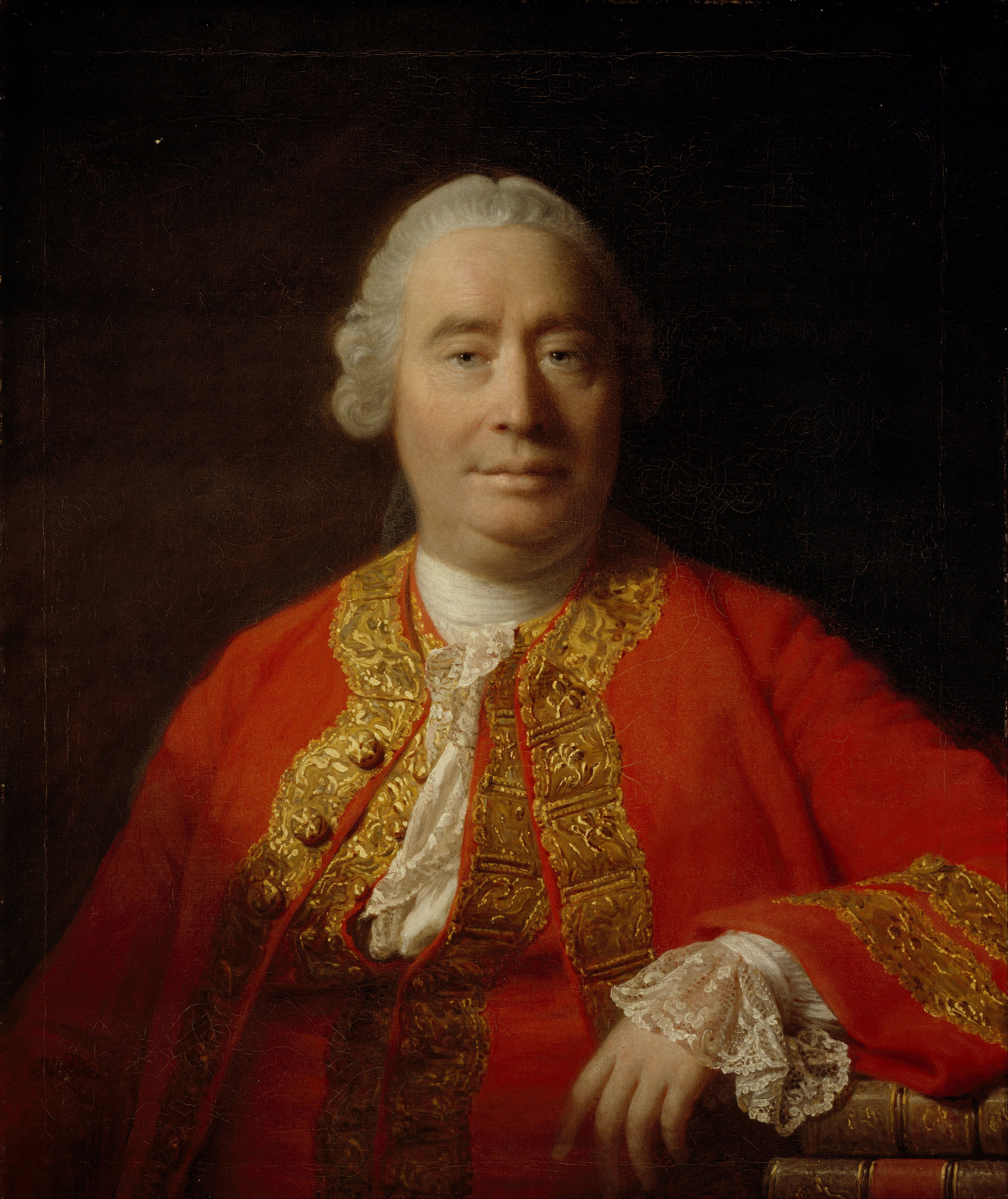David Hume najznámejšie citáty
Podľa: Morton, Eric (2002). RACE AND RACISM IN THE WORKS OF DAVID HUME. Journal on African Philosophy: 1, 1 http://www.africanphilosophy.com/vol1.1/morton.html
Potvrdené výroky
David Hume: Citáty v angličtine
Philo to Cleanthes, Part IV
Dialogues Concerning Natural Religion (1779)
Part 1, Section 1
A Treatise of Human Nature (1739-40), Book 3: Of morals
Part 3, Section 16
A Treatise of Human Nature (1739-40), Book 1: Of the understanding
Part 3, Section 8
A Treatise of Human Nature (1739-40), Book 1: Of the understanding
Part 2, Section 2
A Treatise of Human Nature (1739-40), Book 3: Of morals
§ 8.27
An Enquiry Concerning Human Understanding (1748)
Part X - With regard to courage or abasement
The Natural History of Religion (1757)
David Hume, Of the Standard of Taste, 1760
Varianta: The admirers and followers of the Alcoran insist on the excellent moral precepts interspersed through that wild and absurd performance. But it is to be supposed, that the Arabic words, which correspond to the English, equity, justice, temperance, meekness, charity were such as, from the constant use of that tongue, must always be taken in a good sense; and it would have argued the greatest ignorance, not of morals, but of language, to have mentioned them with any epithets, besides those of applause and approbation. But would we know, whether the pretended prophet had really attained a just sentiment of morals? Let us attend to his narration; and we shall soon find, that he bestows praise on such instances of treachery, inhumanity, cruelty, revenge, bigotry, as are utterly incompatible with civilized society. No steady rule of right seems there to be attended to; and every action is blamed or praised, so far only as it is beneficial or hurtful to the true believers.
Volume V, Chapter LIV (Indianapolis: Liberty Fund, 1983), pp. 329-30; referring to the abolition of the Star Chamber
The History of England (1754-62)
“A propensity to hope and joy is real riches: One to fear and sorrow, real poverty.”
Part I, Essay 18: The Sceptic
Essays, Moral, Political, and Literary (1741-2; 1748)
Part 4, Section 7
A Treatise of Human Nature (1739-40), Book 1: Of the understanding
§ 4.11
An Enquiry Concerning Human Understanding (1748)
Part 3, Section 16
A Treatise of Human Nature (1739-40), Book 1: Of the understanding
Philo to Demea, Part V
Dialogues Concerning Natural Religion (1779)
Philo to Cleanthes, Part II
Dialogues Concerning Natural Religion (1779)
Part 1, Section 1
A Treatise of Human Nature (1739-40), Book 3: Of morals
Demea to Philo, Part X
Dialogues Concerning Natural Religion (1779)
Part 3, Section 16
A Treatise of Human Nature (1739-40), Book 1: Of the understanding
Letter to Henry Home (9 February 1848), quoted in J. Y. T. Greig, The Letters of David Hume: Volume I (Oxford: Clarendon Press, 1932), p. 111
Part 1, Section 1
A Treatise of Human Nature (1739-40), Book 3: Of morals
“The role of reason is not to make us wise but to reveal our ignorance”
Commonly attributed to Hume, but without any apparent basis.
Misattributed
“Hypothetical liberty is allowed to everyone who is not a prisoner and in chains”
§ 8.23
An Enquiry Concerning Human Understanding (1748)
Part 3, Section 16
A Treatise of Human Nature (1739-40), Book 1: Of the understanding
Volume III, Chapter LXI; referring to Oliver Cromwell
The History of England (1754-62)
Part 1, Section 11
A Treatise of Human Nature (1739-40), Book 2: Of the passions
“Character is the result of a system of stereotyped principles.”
Hume never used the word "stereotype" (the term was not invented until 1798).
Misattributed
